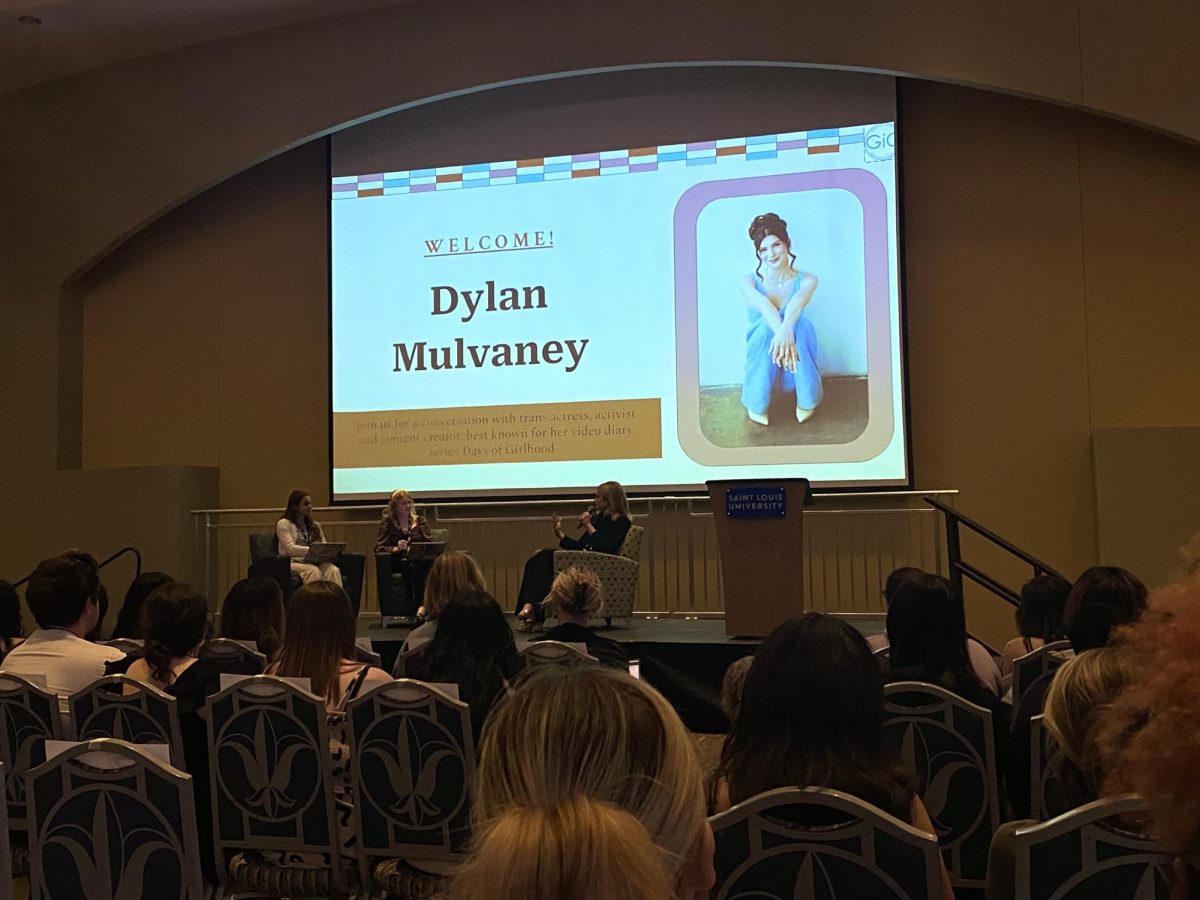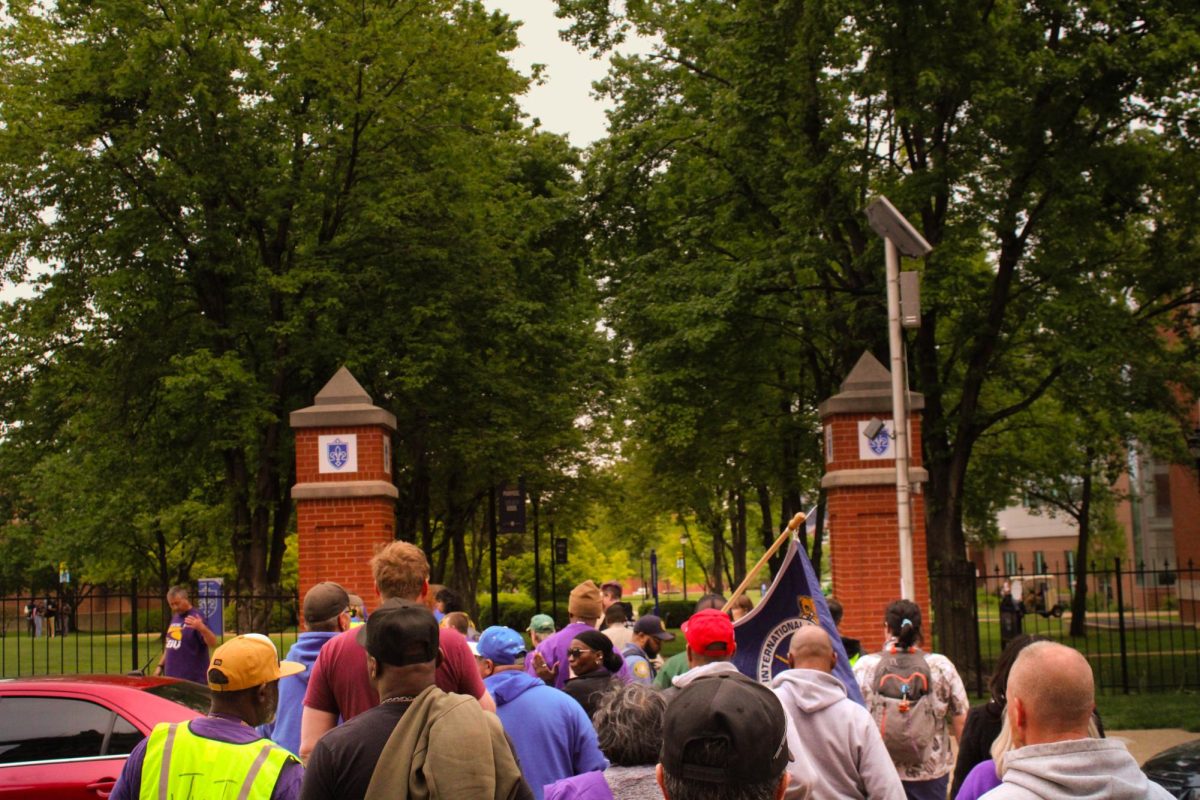Saint Louis University’s Department of Public Safety is currently seeking accreditation from the International Association of Campus Law Enforcement Administrators in order to bring its policies up to national standards.
SLU started the process last fall and is currently in stage two of the five-stage process. The accreditation process may take as long as three years, but generally requires only two years for completion.
IACLEA, a program launched only four years ago, accredited 44 colleges so far.
The program is modeled after the, Commission on Accreditation for Law Enforcement Agencies, CLEA which is a non-profit accrediting body that has been around for about 30 years.
CLEA will only accredit sworn police departments, who are legally allowed to make arrests, but 50 percent of universities have non-sworn departments and still play a vital role in providing security for institutions, according to Laurer.
“IACLEA provides an assessment of the agency, not a review of individual personnel, for agencies without sworn-in officers,” Director of Accreditation at IACLEA, John Leonard said.
IACLEA has 222 of CLEA’s standards and functions to address a wide range of topics that should be familiar to the agency, such as emergency planning, criminal investigation, and other law enforcement functions. IACLEA is responsible for establishing standards for campus safety such as the Clery Act, student escort services and blue light phones.
Along the path for accreditation through IACLEA, SLU has completed stage one. Stage one includes basic inquiry and application.
“When a university thinks it’s ready to be accredited, they contact us. They receive the manual with the entire process and complete a survey of services so that we are able to understand the nature of the services they provide,” Leonard said.
The current stage that SLU is in, the Compliance Development, or Self-Assessment Stage, includes revision, drafting, editing and redirecting of standards.
“The standards we provide do not dictate how to do certain things, but only help agencies to adopt new written standards to address essential areas,” Leonard said.
The next step in the sequence is stage three, Agency Evaluation.
This stage establishes that the DPS department is in compliance and the self-assessment is complete. IACLEA selects assessors from other institutions to be sent to SLU for two to three days to interview students, faculty and staff, tour the campus and verify that the agency is in compliance.
The leader of the assessors then provides a written report of their findings. IACLEA receives the report and makes the decision to either recommend SLU for accreditation or deny it, leaving the university on probation for a brief period.
IACLEA highly recommends the mock trials of the third stage to ensure accreditation.
The rest is an easy ride for SLU. The fourth stage is simply the occurrence of the accreditation, followed shortly by stage five, which is the period for rewards to be received.
Some members of the student body currently said that they had mixed feelings on DPS’s performance.
“I’ve called DPS to take me home during the week a couple times. They arrived very fast and brought us back [to Griesdeck] from the Moolah so that we wouldn’t have to face the dangers of the night,” freshman Veronica Seabaugh said.
However, some students like Carey Keane, a junior, see great room for improvement.
“I get emails every week about a SLU student getting held up, robbed, or aggravated on campus . I think the school’s reputation, as well as DPS’s reputation, would benefit more from a drop in student robberies than a raise in parking tickets,” said Keane.
According to Assistant Director of Public Safety Larry Purvis, DPS is always striving to improve and inform students to be vigilant and use common sense. Purvis said that the DPS investigator and he keep in close contact with the St. Louis Metropolitan Police Department and change their patrol plans when needed.
“There are always people who want to take something from you or may want to harm you. We try to be proactive instead of reactive and prevent any harms and dangers,” Purvis said.






